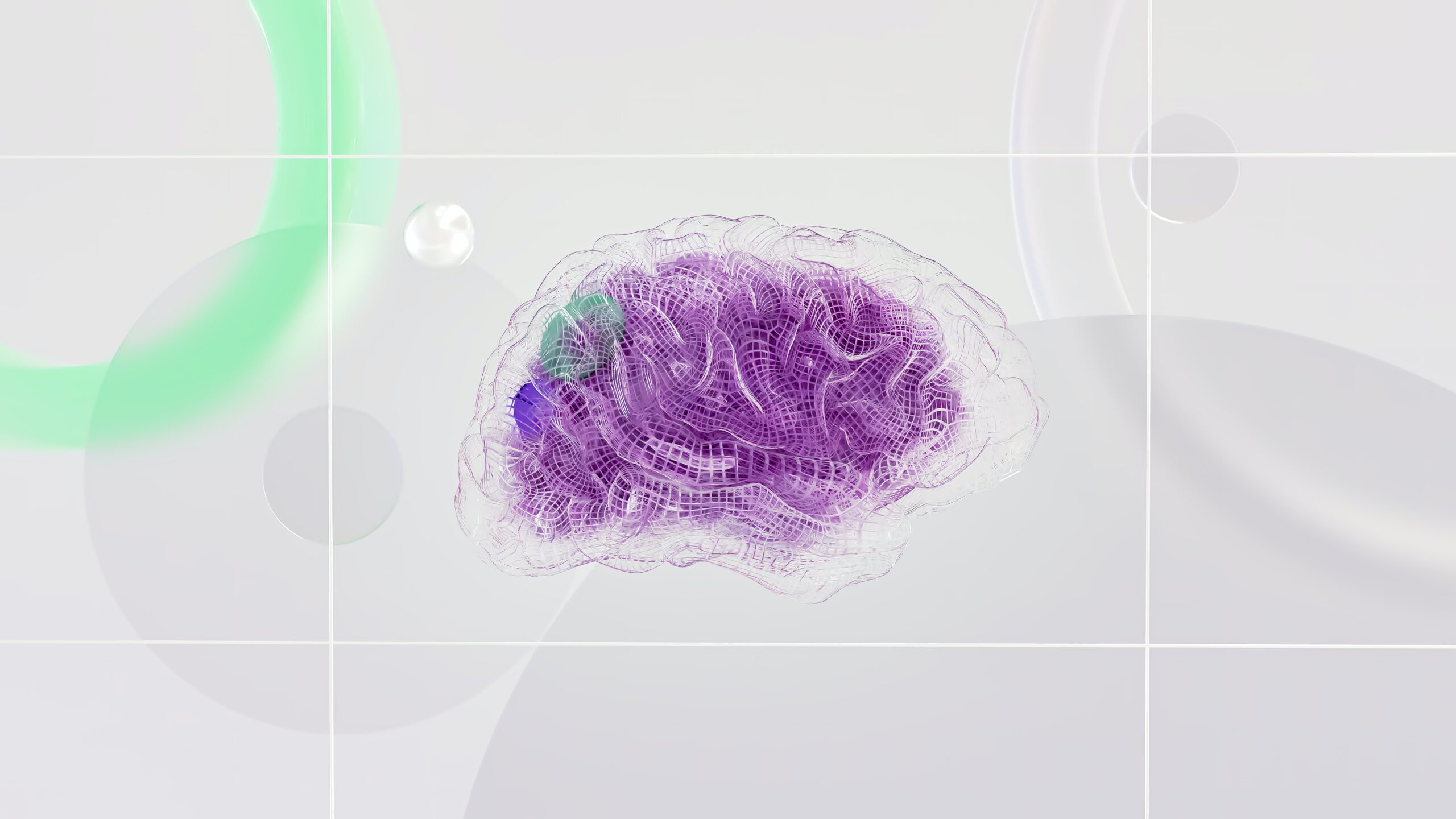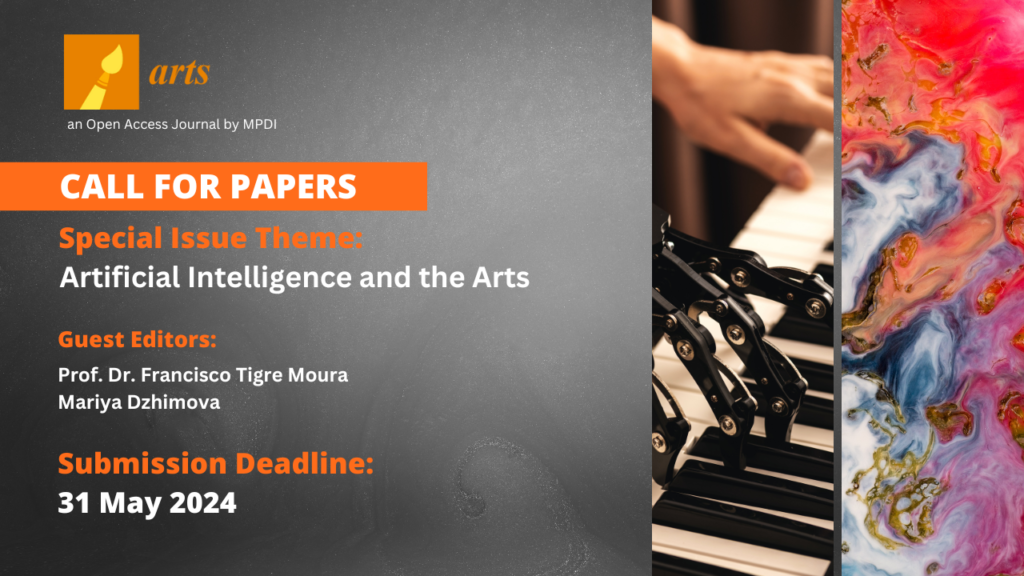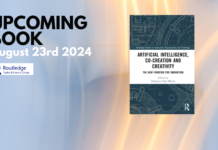Would like to share a “Call for Papers”, along with a dear colleague Mariya Dzhimova (Hochschule für Musik und Theater München) for a new special issue of the Arts Journal on the topic of “Artificial Intelligence and the Arts“.
This Special Issue aims to explore the use of AI in the arts, with a focus on human and AI collaboration along the entire value chain, from the creation of art to its mediation, distribution, preservation and perception (human response).
This Special Issue aims to explore the use of AI in the arts with a focus on human and AI collaboration along the entire value chain, from the creation of art to its mediation, distribution, preservation, and perception (human response). We are seeking original research papers, reviews, theoretical papers, as well as a wide range of case studies and methodologies, to foster diverse discussion of this evolving field.
The deadline for submissions is 31 May 2024.
Click on the banner below to access the site of the special issue!
Topics of interest include (but are not limited to):
- Creation and production process
- Human and AI creative collaboration.
- AI-generated art and its impact on aesthetics.
- AI-driven narrative generation and storytelling.
- The use of AI-powered tools in artistic practice and its implications.
- The ethical and legal considerations of AI-generated art.
- Mediation, distribution, preservation
- AI’s influence on art curation and recommendation systems.
- The use of AI in art exhibitions and installations.
- The role of AI in preserving and restoring artworks.
- Perception and consumption
- The psychology of human perception in evaluating AI-created art.
- The influence of AI on taste, cultural consumption, and aesthetic diversity.
- A theoretical frameworks for understanding the role of AI in the arts.
We look forward to receiving a wide range of interdisciplinary contributions, with various traditional or unconventional methodologies. We will also consider reviews, theoretical papers and case studies.
Hope to receive your contribution!






